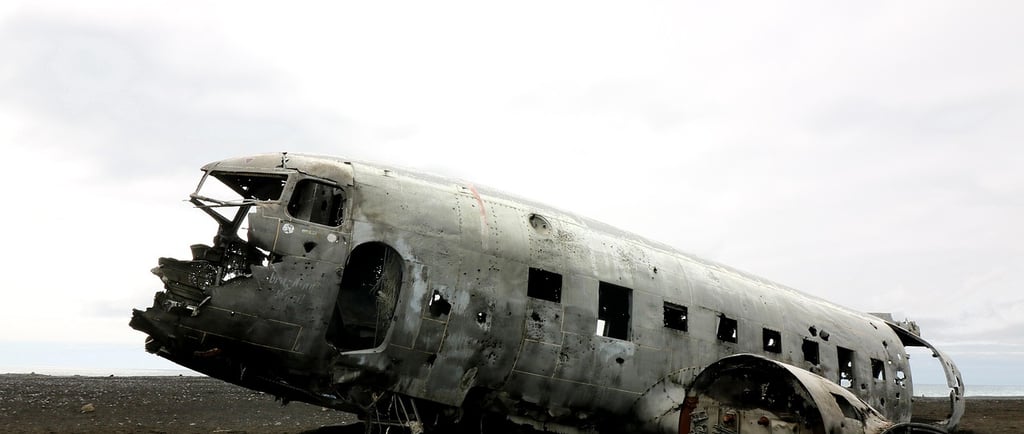India’s Aviation Safety Under Scrutiny: Will July 9 Bring Real Change After the Tragedy?
After the Air India crash on June 12 that claimed 260 lives, Parliament will begin reviewing aviation safety from July 9, 2025. This article explores the emotional and policy impact of the tragedy and the road ahead for reforms.
POLITICSNATIONAL


The nation is still grieving the loss of 260 souls in the tragic Air India Boeing 787 crash on June 12, 2025-a horrifying reminder that safety in the skies can never be taken for granted. Families are still searching for answers, not just about what went wrong on that ill-fated flight, but about how a nation with one of the fastest-growing aviation markets failed its passengers so profoundly. Behind every headline is a shattered home, a lost dream, a mother who never came back, a child who no longer laughs. As Parliament prepares to begin a formal review of aviation safety from July 9, the pressure is on not just to investigate, but to transform how India regulates its airlines, airports, and oversight systems.
Lawmakers from across party lines are expected to question not only the Directorate General of Civil Aviation (DGCA) and Air India’s management but also the very culture of aviation governance. Experts point to issues like maintenance delays, pilot fatigue, oversight gaps, and lack of accountability. The crash has forced a painful reckoning with systemic cracks: were corners being cut in the name of profit? Has rapid expansion outpaced safety infrastructure? While a government inquiry is underway, civil society groups, aviation unions, and the public are demanding transparency, stronger laws, and perhaps even a restructuring of the regulatory framework. If Parliament approaches this review with sincerity and purpose, it could become a watershed moment for Indian aviation.
But change will require more than just heated debates in Parliament. It demands empathy-driven policymaking-something that honors the memory of those lost by ensuring no such incident ever happens again. Survivors and families of victims deserve not only compensation, but reforms that matter: stricter audits, independent safety boards, whistleblower protections, and a commitment to transparency that can’t be buried under bureaucracy. India must choose whether to merely investigate or to evolve. As the July 9 proceedings begin, the country will be watching not just for answers, but for courage-the kind of courage that puts lives above profits and passengers before politics.
Related articles :
https://www.newsdrishti.in/kedarnath-helicopter-crash-leaves-seven-dead
